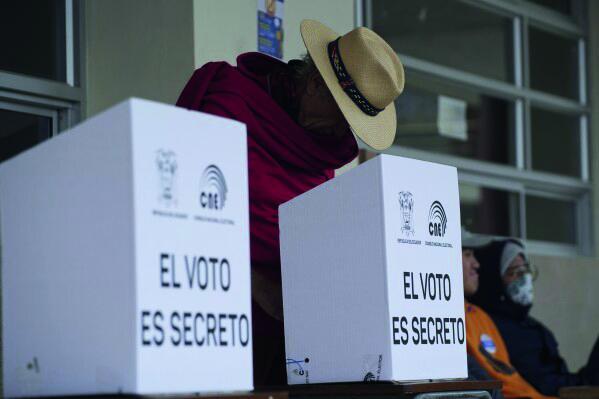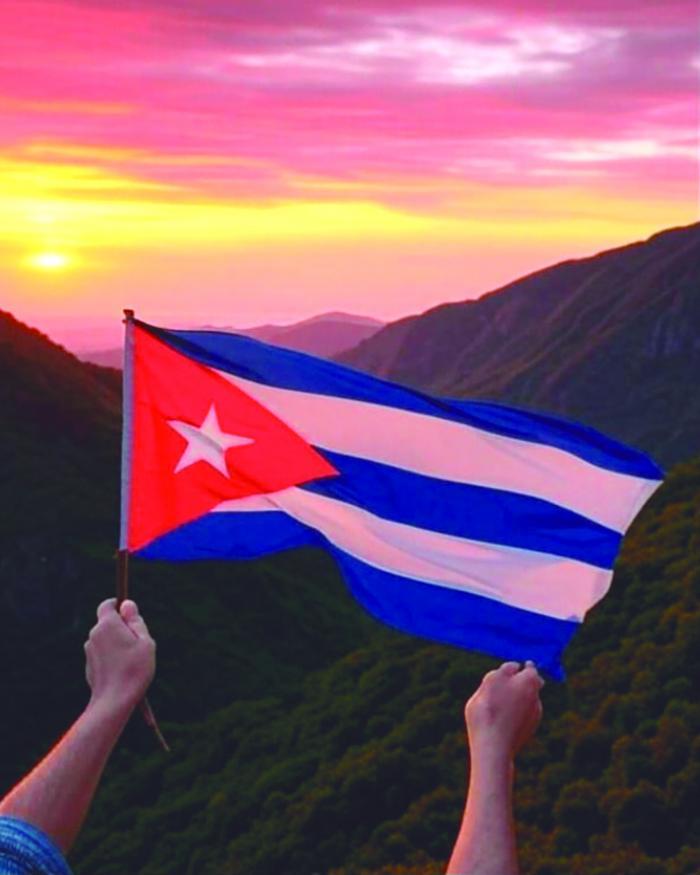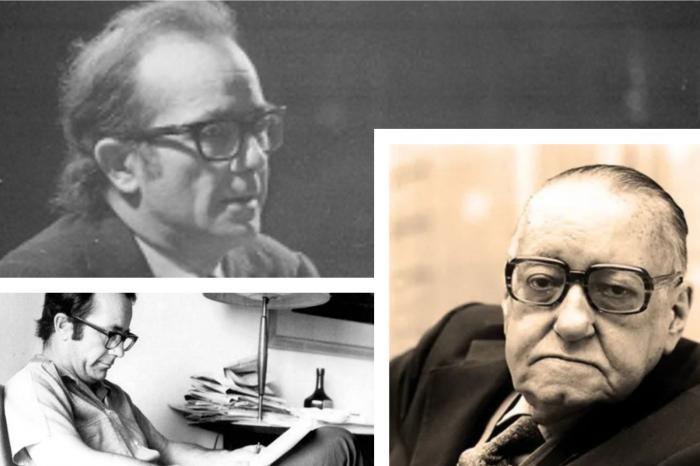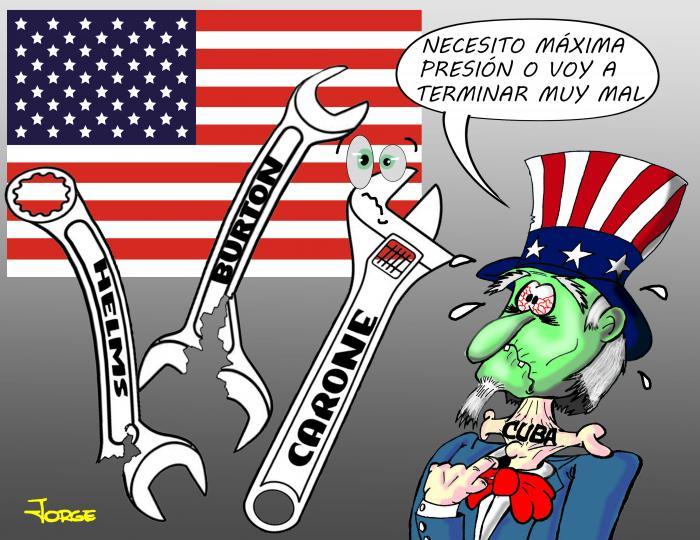


After a second round of elections this April 13, Ecuador reaffirmed the right-wing character of its immediate future with the reelection of banana businessman Daniel Noboa, in a presidential election marked by the extreme polarization that describes the country, in an electoral panorama catalogued in many media as “an image that threatens democracy”.
Reflected in the fierce confrontation between its two main political forces: the Movimiento Revolución Ciudadana party, and the Acción Democrática Nacional party, the terrible fragmentation that the nation is experiencing reached its peak in the last hours. The leftist candidate Luisa Gonzalez publicly denounced attempts against her and her family's safety, in addition to the state of siege declared by Noboa in several cities and provinces, seven of which represent the bulk of votes in favor of the left, in what many consider a “dictatorship scenario”, according to Telesur.
In that sense, the representative of the Citizen Revolution Movement emphasized in her first statements that Ecuador “faces the worst and most grotesque electoral fraud in history”, and that she will ask for a recount of votes. However, the candidate would have to demonstrate in a concrete manner that there were influential events on the results, which, at the closing of the count of 85.01% of the ballots, gave Noboa as the winner, with 55.95% of the votes, over the 44.05% of Gonzalez herself.
In order to avoid this second round, last February 9, it was necessary for a candidate to obtain more than 50% of the votes or ten points of advantage over his closest rival, something that did happen this Sunday to maintain the National Democratic Action party in power, despite the fact that more than a dozen pollsters, including some Noboa's supporters, had been giving his level as the favorite in the last months.
In the midst of this complex panorama, the truth is that the Ecuadorian people remain in the streets mostly, in support of Luisa Gonzalez's claim of non-recognition of the figures released by the president of the Electoral Council, Diana Atamaint.
Several political and popular organizations are already labeling the event as an “electoral coup”, in a Latin American and Caribbean context marked, in addition, by the supremacist brutalism of Donald Trump and his inevitable influence in our geographical area, where right-wing colonialism is reborn by the hand of obedient subordinates to the White House.
In this contest at the polls, close to 13 million Ecuadorians were called to exercise their democratic right, in an electoral system that considers the exercise of the vote practically mandatory for citizens between 18 and 65 years of age.
Based on these results, made public after nearly 90 % of voter turnout, the new National Assembly is also expected to be dominated by both political blocs, which, from now on, foreshadows the struggle between powers, which could even hinder the approval of official legislation in favor or against a certain sector of the population.
In a reality conditioned by the coexistence or survival, with another four years of financial oligarchy under Noboa's wing, beyond figures, the truth is that the Ecuadorian citizenship marches on the edge of a clear border established between one political tendency and another, in a radicalized context and without apparent or probable points of concord or agreement. This only generates greater divisions within the population itself.





